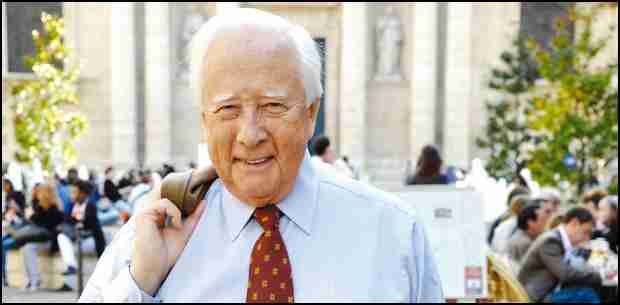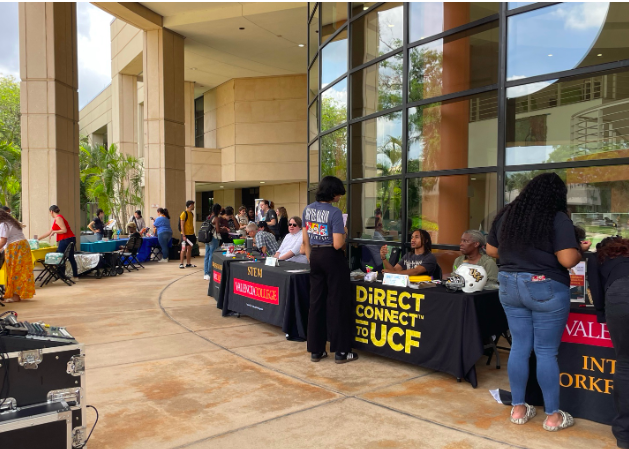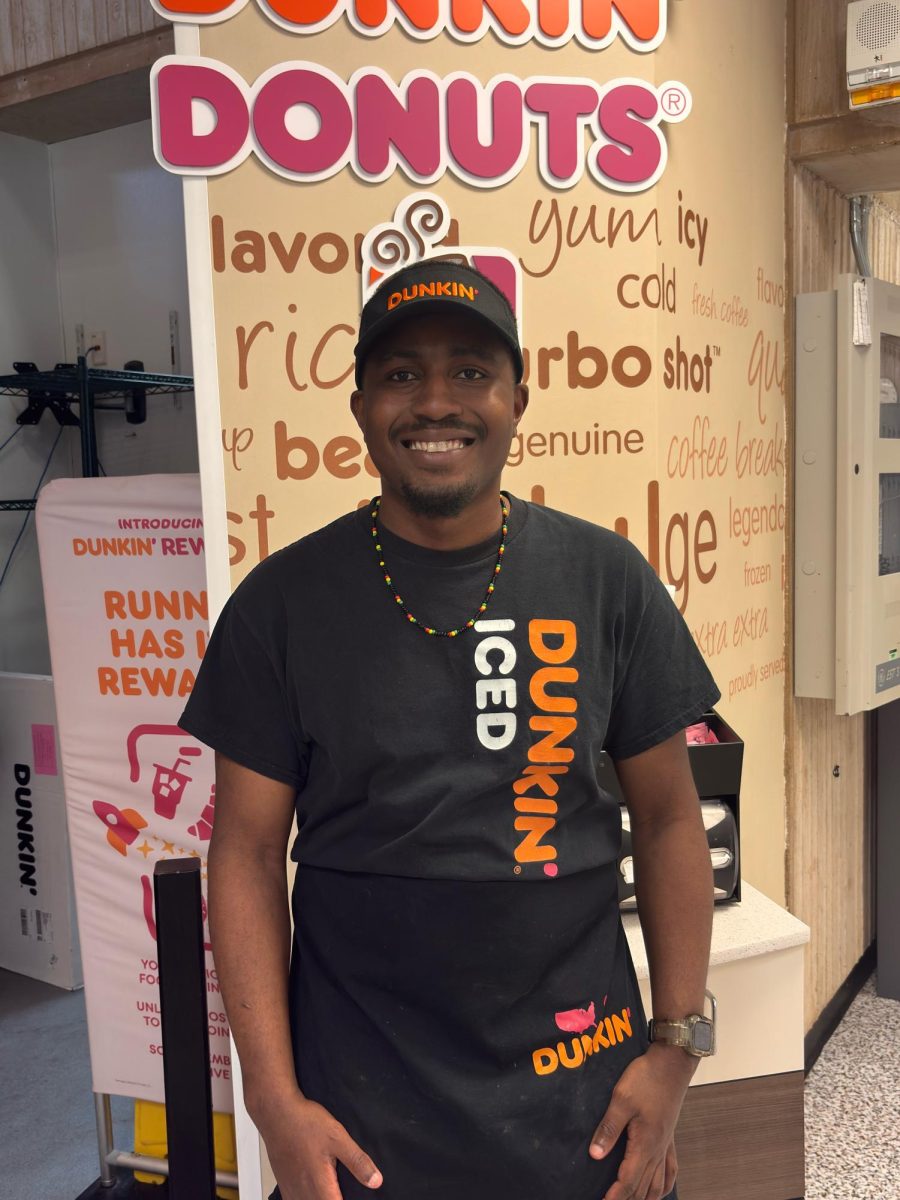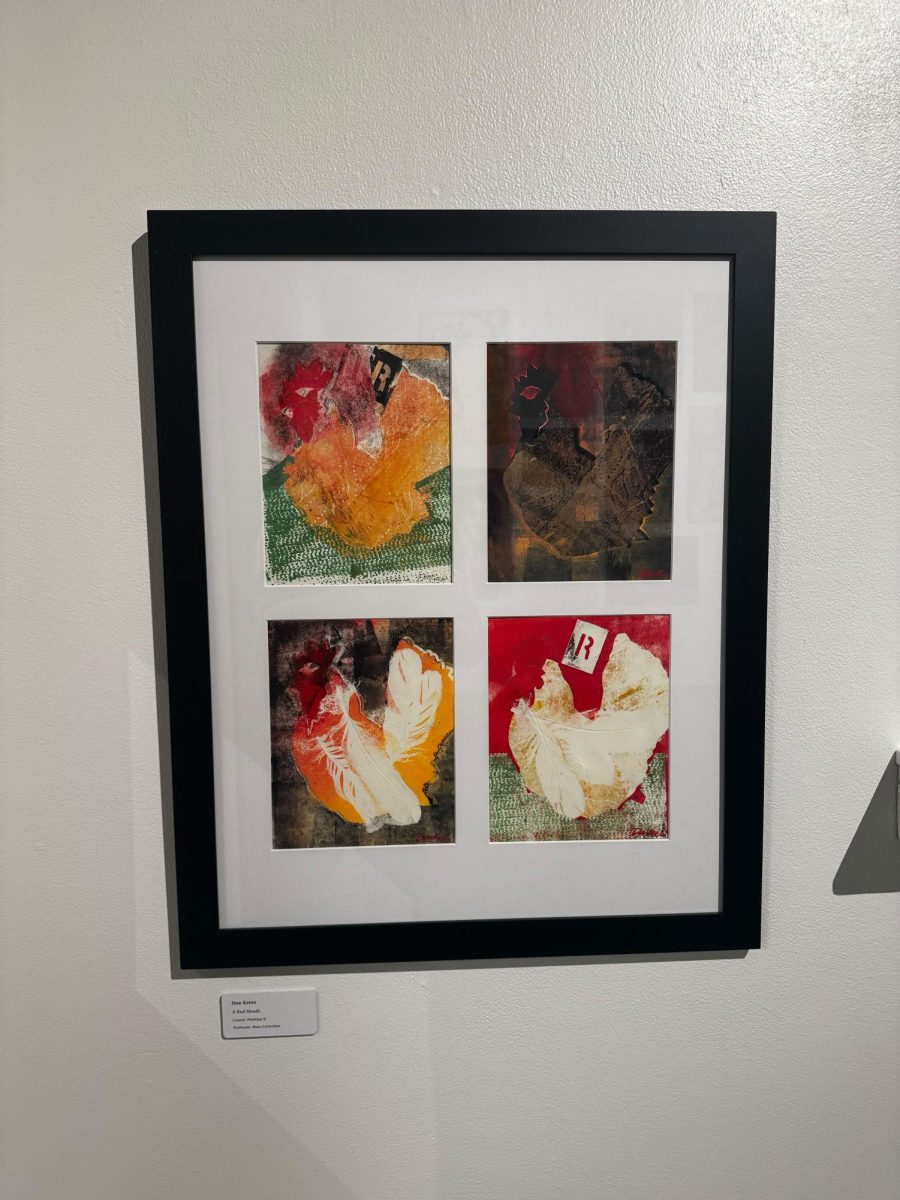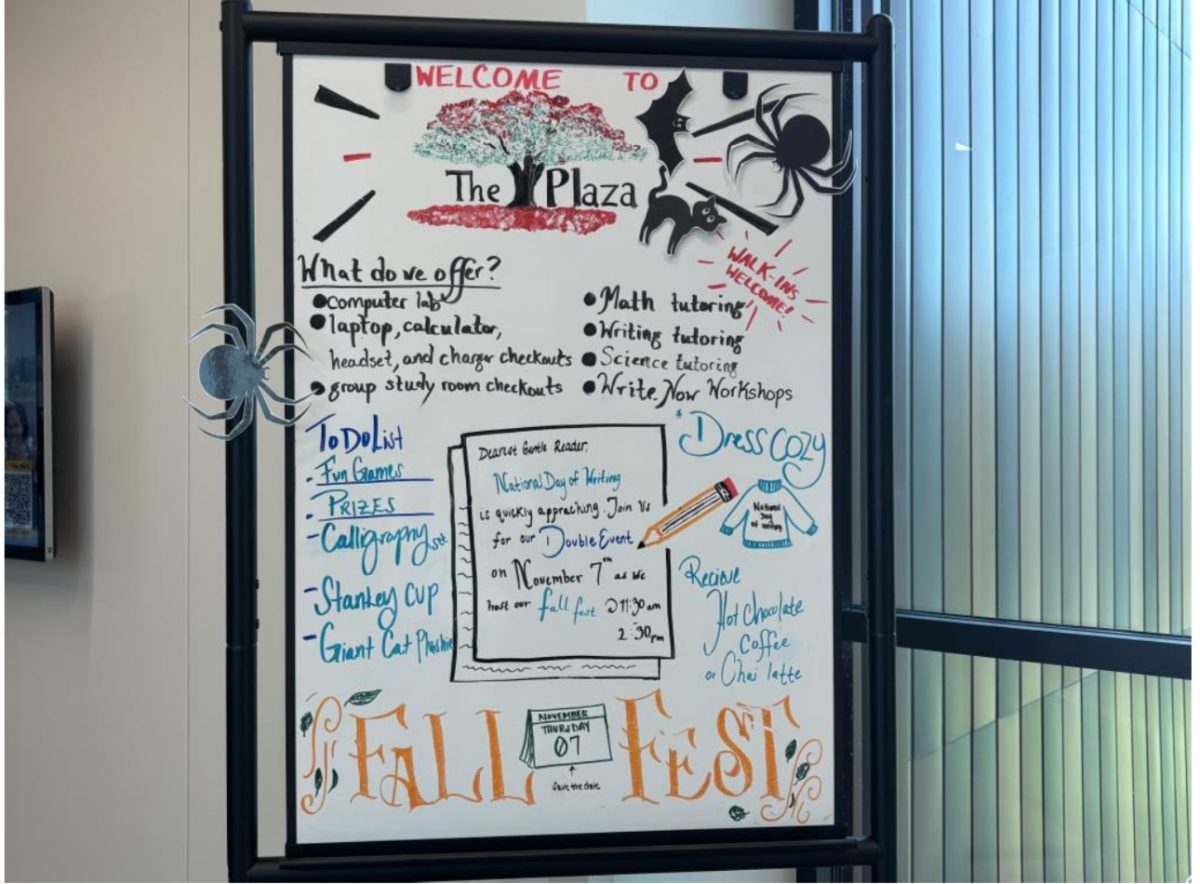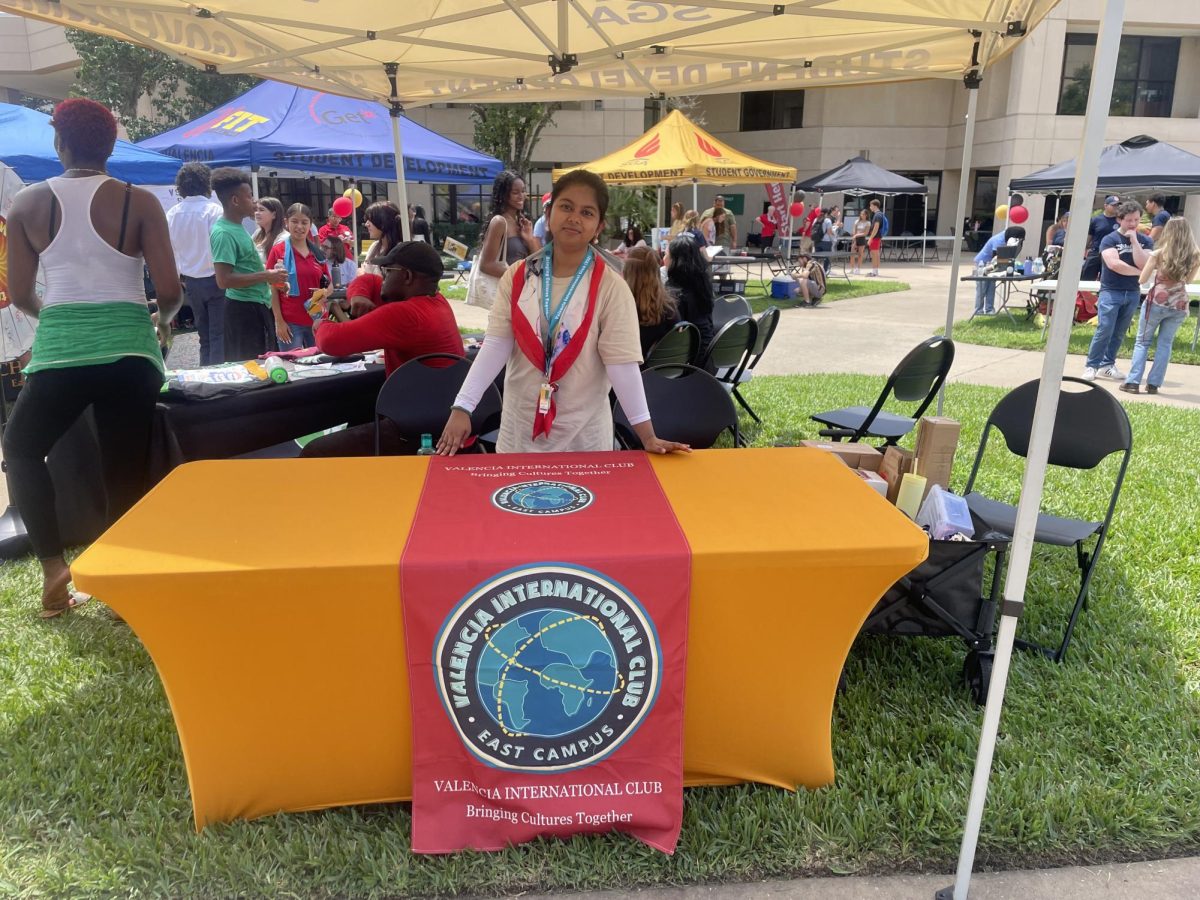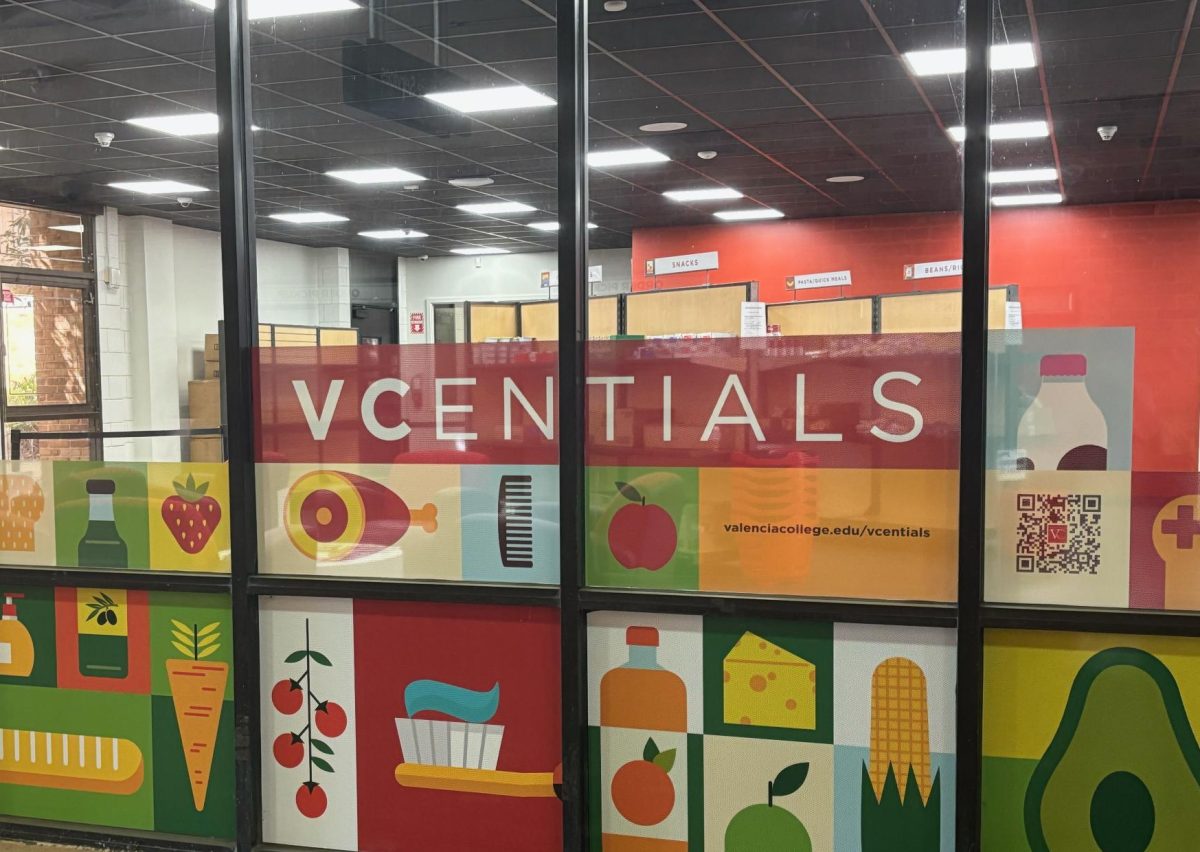Two buildings quickly filled up at Rollins College the night of Nov. 4, as locals and students piled in to listen to Pulitzer Prize winning writer and historian David McCullough.
McCullough, author of books like “Harry Truman” and “1776,” spoke in the Knowles Memorial Chapel, drawing the giant audience while discussing his feelings on the priceless value of education and how understanding history enriches it.
His speech, titled “History and the Love of Learning,” brought in so many people on the Winter Park campus that the chapel filled up completely. It was simulcast by video in the adjacent Bush Science Center for an equally packed room of spectators.
“We are producing Americans citizens who are, by and large, historically illiterate,” McCullough said to the crowd. “This situation is not their faults. It’s our fault, all of us — fathers, mothers, grandparents. We need to do more. We need to show our appreciation, gratitude, and respect for teachers. Teachers are the most important people in our society.”
These comments brought resounding applause and were one of the main themes for the author’s monologue.
McCullough’s speech served as a precursor for the signing of his latest book, “The Greater Journey: Americans in Paris.” It explores a series of intellectual Americans who studied abroad in the City of Light, including Mark Twain, John Singer Sargent, Ralph Waldo Emerson and Oliver Wendell Holmes.
McCullough connects these brilliant minds with the idea that history doesn’t always have to be about politics and the military; sometimes it’s art, music, poetry, theatre, architecture and science. These were things that Americans braved terrible 19th century voyages across the Atlantic Ocean to become enlightened to.
When compared to Europe, America was far behind, said McCullough, especially in schools of medicine, architecture and art. U.S. citizens sought cultural delights and educations that were far more advanced and tempered by time than their own.
“The old world for them became the new world,” he said, “and the greater journey, they realized — even after crossing the Atlantic — was one that they were supposed to have in the mind.”
When McCullough concluded, a line trailed out the chapel doors, composed of students and elderly guests waiting for an opportunity to have their books signed.
“I loved it; I’m a teacher,” said Sara Robertson of Howard Middle School, sharing McCullough’s passion for educating children in history. “As a society, it’s so important that we engage our kids and talk to them about what’s real.”
McCullough expressed his disdain for the ignorance in modern times. “We have got to get over this obsession with television and sports, and start talking about other subjects, like the world we live in,” he said, inducing more roaring applause.
Former Valencia College professor Jennifer Berry clutched a signed copy of “John Adams,” and said she related to McCullough’s concepts about gaining an interest of history later in life.
“I didn’t learn enough of it in school, and I developed a love of it in my 40s,” she said. Berry, who’d previously worked in Valencia’s nursing department, said she adored McCullough’s sense of humor and looked forward to reading all of his books.
McCullough capped his speech examining the talent and hard-working attributes of the Americans who studied in Paris. He said that some people were only truly happy when they were working hardest at something they loved.
Touching on a final note, McCullough reminded the audience that to not teach children history is to cheat them of one of the great “joys of life.”
“Why should we spend our time just in the immediate present,” he asked, “when we can have it all?”

